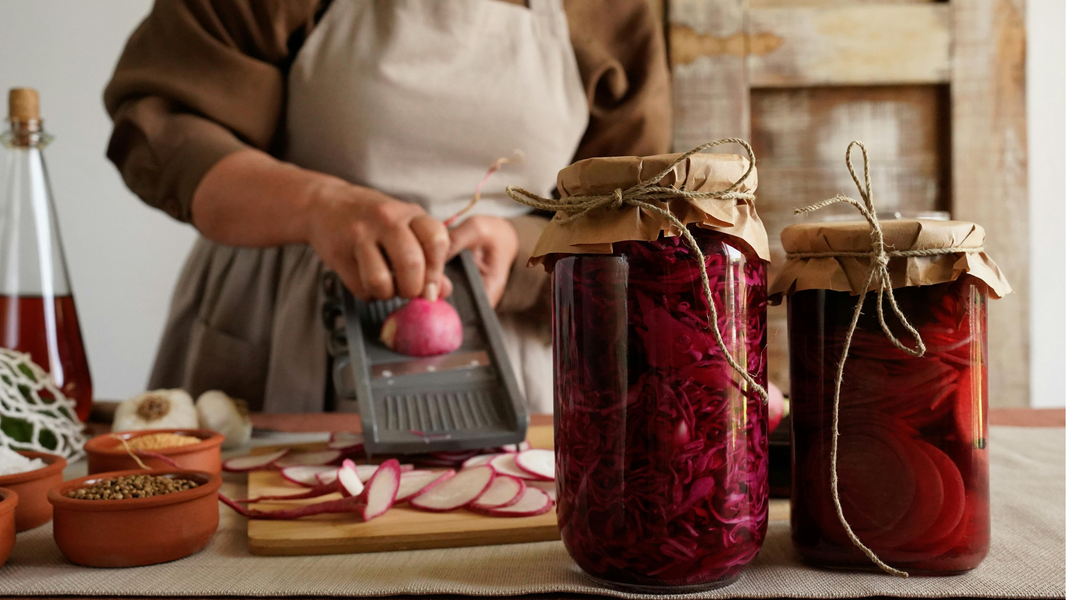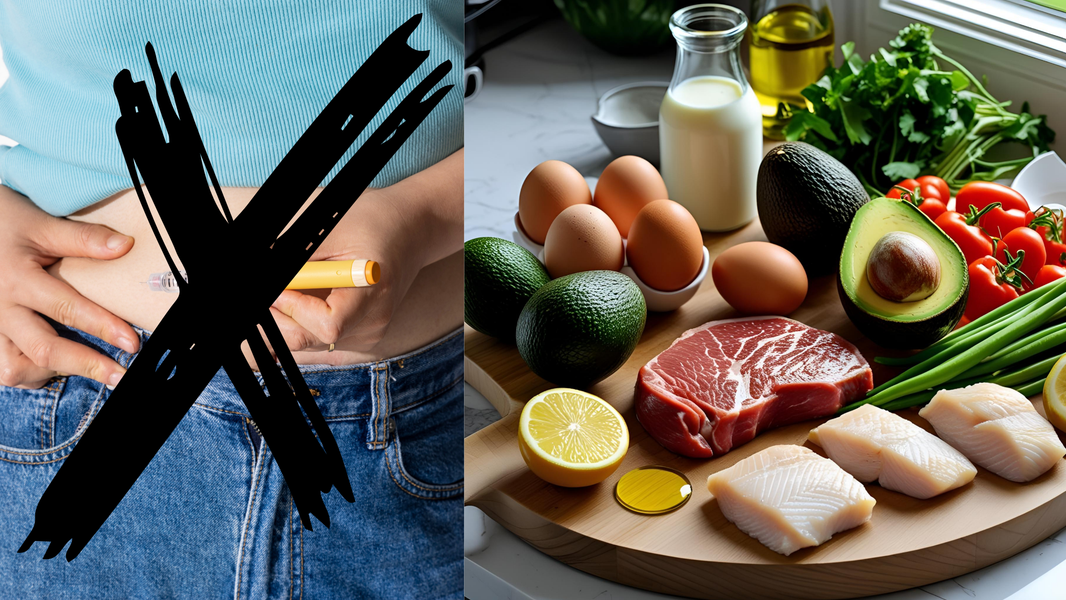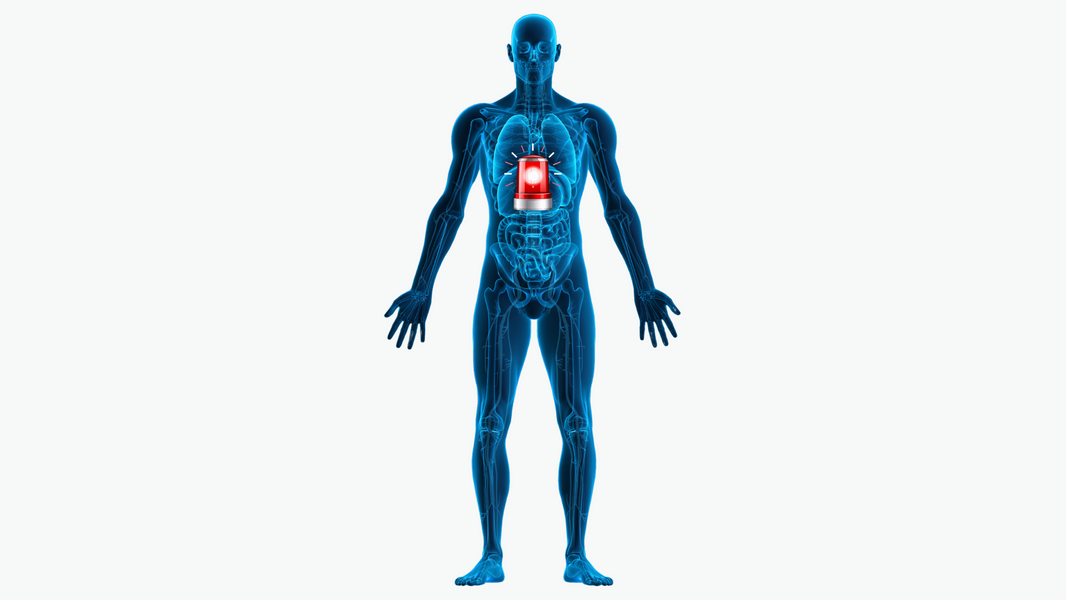Food Focus: Brussels Sprouts
The tiny Brussels Sprouts had made a big comeback!
You can't look at a menu in a trendy restaurant without reading about "crispy" Brussels sprouts.
Brussels sprouts are in the same family of veggies as cabbages and broccoli, known as "cruciferous" vegetables.
Here's a fun piece of trivia: these tiny cabbage look-alikes are named after the Belgian city of Brussels.
Brussels Sprouts Have Many Surprising Benefits
- They are full of antioxidants
- They contain Vitamin K, which can strengthen bones and lessen your chance of fractures
- They are rich in fiber and protein
- They are a great source of Vitamin C, which can help with collagen production

Cruciferous veggies are not for everyone, though. They can commonly cause the following:
- Gas (common)
- Bloating (common)
- Cramping (common)
- Rash
Endless Options
Brussels sprouts can be eaten both raw and cooked. Shaved raw Brussels sprouts can add a fun crunch to the top of a salad.
The great news is that you can cook them in many ways! You can steam, bake, pan-fry, air fry, or roast them in the oven! The longer you cook Brussels sprouts, the more tender they will be, therefore you can choose your own "crunch" level.
For a major crunch, cut your sprouts in half and let the leaves get crisp!
Enhance the flavor profile by adding some lemon juice, garlic, or a sprinkle of salt and pepper.

Help create a solid foundation for yourself with the Daily Essentials Pack. Click Here to learn more.






